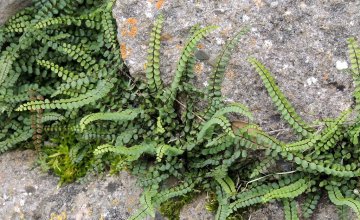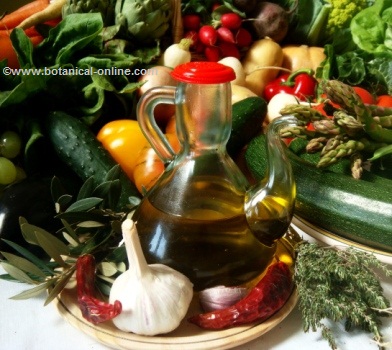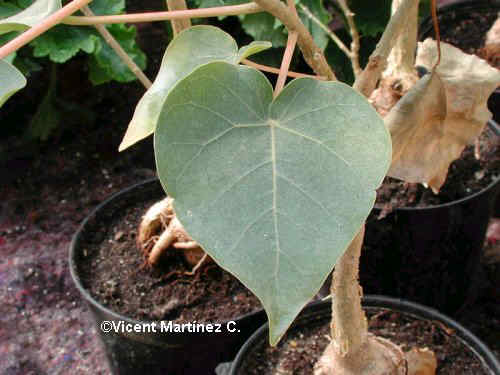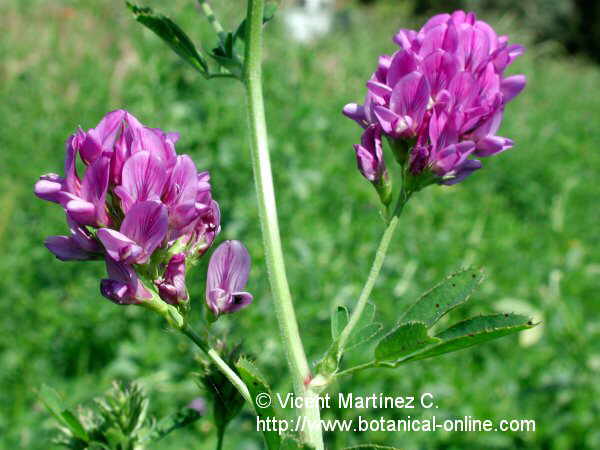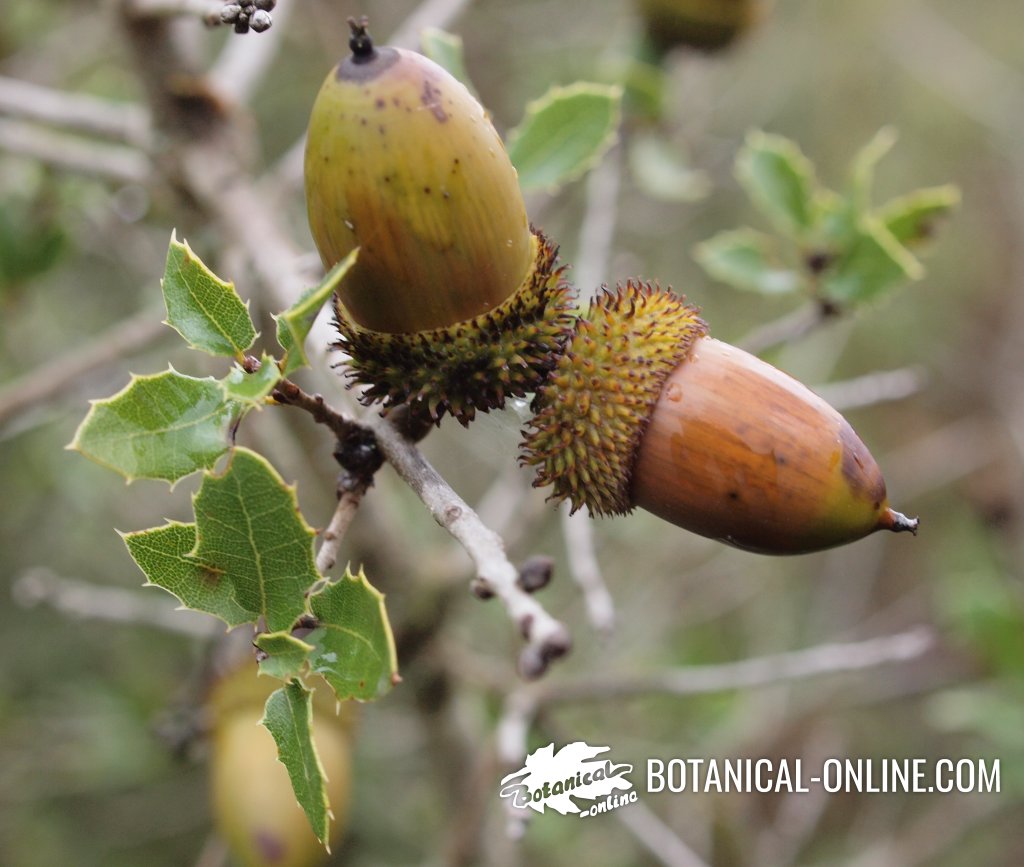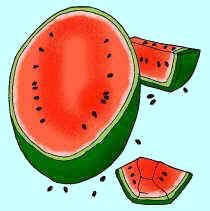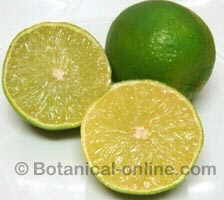Contents
How to eat an ecological diet
Eating meat every day is not organic
Common sense tells us that the most organic foods are vegetables, since meat generally has a greater environmental impact than crops, even if it is organic meat.
Many kilos of vegetables are needed to feed an animal, which will then provide meat for a few people. In contrast, the same kilos of vegetables that serve to fatten the animal could feed many more people.
At the nutritional level, a person can survive perfectly even if it decreases or even eliminates the consumption of meat, as in a vegetarian diet.
How is an organic diet?
An organic diet consists of eating plenty of plant foods: potatoes, chickpeas, lentils, peas, tofu, spinach, onions, carrots, avocado, bananas, tomatoes, peppers, apples, cherries, medlars, dandelions, mangoes, kiwis, chia or flax, sesame, walnuts, almonds, hazelnuts or other nuts (without salt and without frying), virgin oil and protein-rich foods such as eggs.
Some initiatives to reduce the environmental impact of meat are, for example, the “meatless mondays” that schools, restaurants and individuals carry out. However, many more measures are necessary to curb the current consumption of meat.
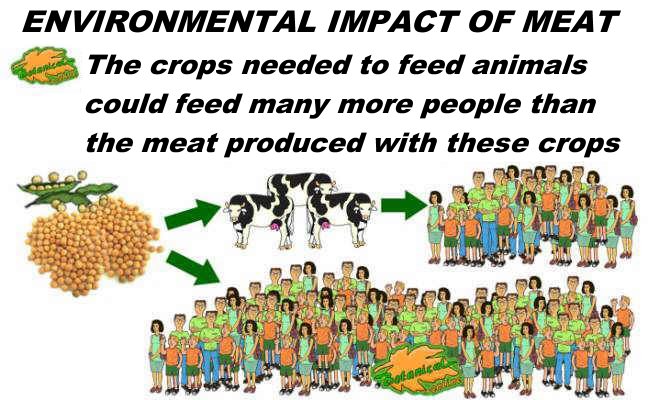
Do organic products taste better?
The flavor of the food has to do with the methods of cultivation, with the variety of plant used and with the ripening of the fruit.
For example, the first transgenic tomatoes were modified to have a lively red color, but this genetic modification meant that the plants produced less sweet tomatoes. Of what there is no doubt is that fruits and vegetables grown to their optimum ripeness are delicious.
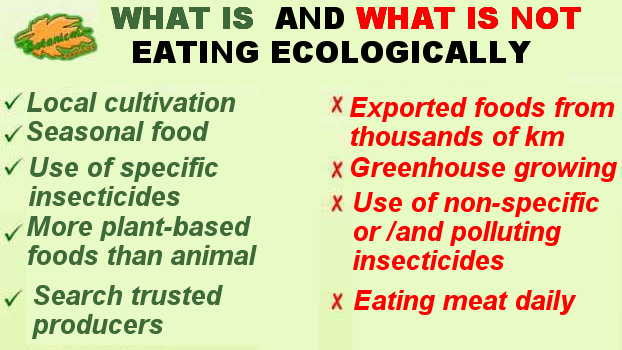
Are organic products healthier?
At the nutritional level, all healthy foods, such as vegetables, fruits, legumes, cereals, tubers, dried fruits or virgin oils, are considered healthy whether they have the ecological seal or not, because their nutrient content is very similar.
However, organic farming is healthier for the planet and therefore for the consumer. For this, it is not necessary that they contain the “ecological seal”, but that they come from trusted producers, committed to the environment.
It is also true that differences have been observed in certain nutrients, some vegetables and organic fruits have slightly higher levels of vitamins than those of conventional crops.
On the other hand, some products such as pastries, cream, cookies or sausages are not healthy even if they have the “ecological seal”, so they should be avoided or consumed infrequently.
![]() More information on ecological food
More information on ecological food
23 April, 2019

